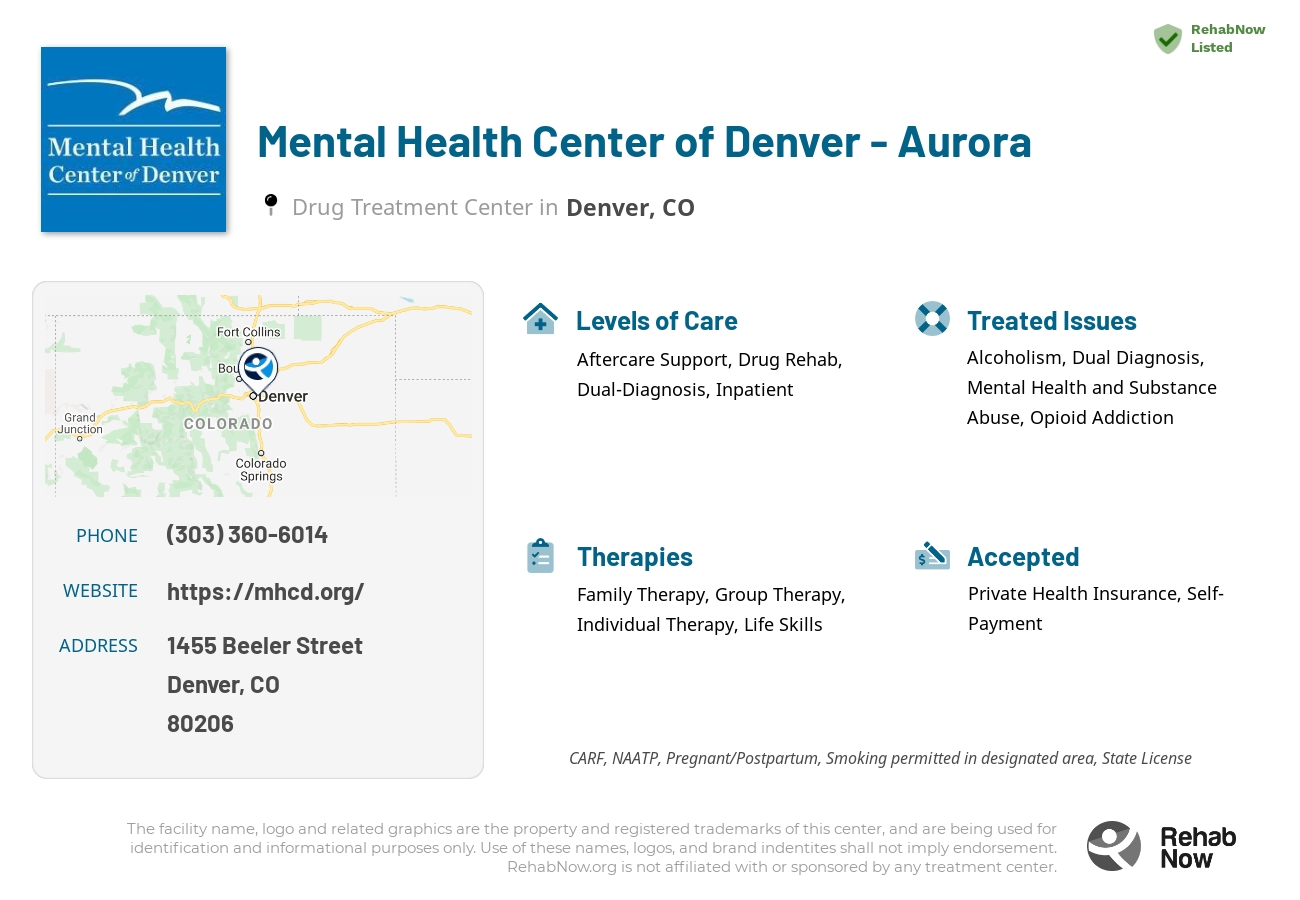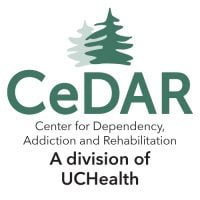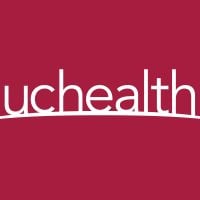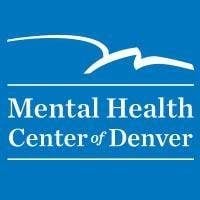
Mental Health Center of Denver - Aurora
Drug Rehab Center in Denver, Colorado
- Opioid Addiction
- Dual Diagnosis
- Drug Addiction
- Alcoholism
The Mental Health Center of Denver – Aurora is a non-profit mental health and substance abuse treatment center that offers both inpatient and outpatient services, including medication-assisted treatments and evidence-based therapies, and is accredited by CARF International and licensed by the Colorado Department of Public Health and Environment.
Multiple patients have reported Mental Health Center of Denver - Aurora as permanently closed.
Research other rehabs in Denver, Colorado, or get help finding an open facility.
Our experts will find you an alternative facility.
(888) 674-0062 24/7 Free, Confidential, Expert HotlineAbout Mental Health Center of Denver - Aurora in Colorado
Mental Health Center of Denver – Aurora in Denver, Colorado is a mental health and substance abuse treatment center offering both inpatient and outpatient services. It is a part of Mental Health Center of Denver, a non-profit organization founded in 1963 that has been providing professional mental health services to the Denver area ever since. Mental Health Center of Denver - Aurora specializes in treating a number of mental health conditions, such as depression and anxiety, as well as addiction and substance abuse.
Mental Health Center of Denver – Aurora offer a range of treatments for addiction and substance abuse, including individual counseling, group therapy, and intensive outpatient programs. The facility also provides medication-assisted treatment, in which carefully monitored medication is used in conjunction with other forms of therapy to help improve treatment outcomes. They also offer several evidence-based therapies, including Cognitive Behavioral Therapy, Dialectical Behavioral Therapy, and Motivational Interviewing.
Mental Health Center of Denver – Aurora is accredited by CARF International and is licensed by the Colorado Department of Public Health and Environment. Additionally, the facility has been awarded the Joint Commission's Gold Seal of Approval for Behavioral Health Care, a recognition of their commitment to providing high-quality patient-centered care. The center’s staff is committed to providing compassionate, comprehensive care for those who are struggling with addiction and substance use disorders.
Genders
Ages
Modality
Additional
Conditions and Issues Treated
Opioid addiction has become a significant health problem in the United States. In 2015, there were 91 opioid overdose-related deaths per day, with a substantial increase in mortality rate in 2014.
When opioid addiction has reached a point where a person’s life becomes unmanageable, treatment options are available to help them get sober. Treatment that includes medical care with medications and counseling can help a user transition into sobriety.
When someone in struggles with both addiction and mental or emotional illness, this is considered a dual diagnosis. Dual diagnosis treatment can include therapy for these issues to happen simultaneously, which will allow either of them to be treated effectively.
Sometimes people who have suffered from addiction disorder also suffer from co-occurring disorders such as depression, anxiety, bipolar disorder, etc., making them “dual diagnoses.” Dual diagnoses require specialized treatment programs where drug and alcohol addiction are addressed along with psychiatric illnesses. Some rehabilitation facilities provide patients suffering from cooccurrences a program with highly integrated services and a clean environment with few distractions to help them succeed.
Levels of Care Offered
This center offers a variety of custom treatment tailored to individual recovery. Currently available are Aftercare Support, Drug Rehab, Dual-Diagnosis, Inpatient, with additional therapies available as listed below.
Inpatient treatment for alcoholism or drug addiction is an option that provides the addict with a supportive environment in which they can stop using. After detox, an inpatient treatment center provides a structured environment for the addict to recover from their addiction and begin taking steps toward a lifetime of sobriety.
This type of treatment is appropriate for addicts that are most in need of intensive care and supervision. This includes those who were unable to quit on their own, those who need more structure than they can get in outpatient treatment, and those whose addiction has led them into legal trouble or severe health problems.
Completing a drug or alcohol rehab program is only the first step. Then comes aftercare support. These services include sober living accommodations, career counseling, and AA/NA programs for those struggling with sobriety or who want help maintaining it after initial rehab at an addiction facility.
They can last up to a year or more depending on what’s needed most urgently after the earlier stages are completed.
Therapies & Programs
Because no single treatment is effective for all addicts, the goal of treatment and therapy should be to figure out what works best for each individual. Tolerance and withdrawal levels differ from person to person, affecting the treatment intensity required. Addiction treatment should aim to help addicts develop healthy coping mechanisms for dealing with their addiction and its underlying causes.
Family therapy is beneficial for people who are in addiction treatment services because it offers addicts the opportunity to work with their family members to better understand what led them to make choices that contributed to their addiction.
This type of therapy helps family members reach a deeper understanding of how they can best support their loved one during recovery. It also helps the addict better understand their own motivations and triggers that led them to turn to substance abuse.
Family therapy can help addicts in the following ways:
- Assists family members in processing difficult feelings so they don’t blame or resent recovering addicts
- Assists family members in understanding how addiction has impacted the addict and everyone who is involved with them
- Allows the addict to take responsibility for their actions, while encouraging improved communication skills
- Helps family members understand how to best support an individual in recovery so addicts don’t relapse again.
Group therapy can help build a stronger support system and give addicts in Denver, CO insight into their addiction that they gain through shared conversations. Group therapy occurs in a controlled group environment, exclusive of one on one meetings. This makes it safer for patients to feel comfortable sharing the struggles they’re going through and gaining perspective.
Life Skills Services assist addicts in their recovery by teaching them healthy coping mechanisms that will aid them in becoming sober, focussing on helping people enter into, and maintaining long-term sobriety. Drug Treatment Centers provide Life Skills Services at varying levels of intensity, specific to the needs and requirements of each patient.
The benefits of Life Skills Services offered at Mental Health Center of Denver - Aurora:
- Restores hope and empowerment — Helps addicts believe that recovery is possible and instills a new confidence in their ability to achieve a positive, drug-free future
- Enhances family involvement — Encourages families to get involved in the recovery process and supports their understanding and encouragement of healthy behavior.
- Increases patient’s compliance — Helps patients take responsibility for and ownership of their recovery and encourages continued progress
- Reduces relapse rates — Encourages long-term abstinence and emphasizes the importance of establishing sober support systems.
Payment Options Accepted
For specific insurance or payment methods please contact us.
Is your insurance accepted?
Ask an expert, call (888) 674-0062
Mental Health Center of Denver Associated Centers
Discover treatment facilities under the same provider.
- Mental Health Center of Denver - Wellshire Behavioral Services in Denver, CO
- Mental Health Center of Denver - El Centro de Las Familias in Denver, CO
- Mental Health Center of Denver - Recovery Center in Denver, CO
- Mental Health Center of Denver - Aurora in Aurora, CO
- Mental Health Center of Denver - Monroe House in Denver, CO
Learn More About Mental Health Center of Denver Centers
Additional Details
Specifics, location, and helpful extra information.
Denver, Colorado 80206 Phone Number(303) 360-6014 Meta DetailsUpdated November 25, 2023
Staff Verified
Mental Health Center of Denver - Aurora Patient Reviews
There are no reviews yet. Be the first one to write one.
Denver, Colorado Addiction Information
The Centennial State has slipped to a ranking of 12th in the country for drug abuse. Each year around 24% of the state's population uses illegal drugs while nearly 5% of its population abuses alcohol. Substance-related deaths in Colorado were responsible for 15.12% between 2008 and 2017. Fortunately, Colorado drug and alcohol addiction treatment are available to help a person overcome addiction.
Drug addiction in Denver, Colorado, is quite serious. In 2012, there were 974 drug overdose fatalities in the area, which has likely only gone up in recent years. The city has an estimated 34,000 marijuana users reporting past-month usage in 2016. The most common drugs abused are methamphetamine, heroin, and marijuana. Some popular treatment options include inpatient rehab, outpatient rehab, and detoxification programs.
Treatment in Nearby Cities
- Akron, CO (93.1 mi.)
- Berthoud, CO (40.7 mi.)
- Pueblo, CO (103.8 mi.)
- La Junta, CO (141.1 mi.)
- Norwood, CO (214.6 mi.)
Centers near Mental Health Center of Denver - Aurora
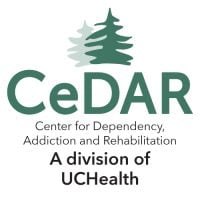

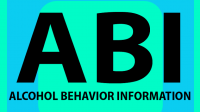
The facility name, logo and brand are the property and registered trademarks of Mental Health Center of Denver - Aurora, and are being used for identification and informational purposes only. Use of these names, logos and brands shall not imply endorsement. RehabNow.org is not affiliated with or sponsored by Mental Health Center of Denver - Aurora.

